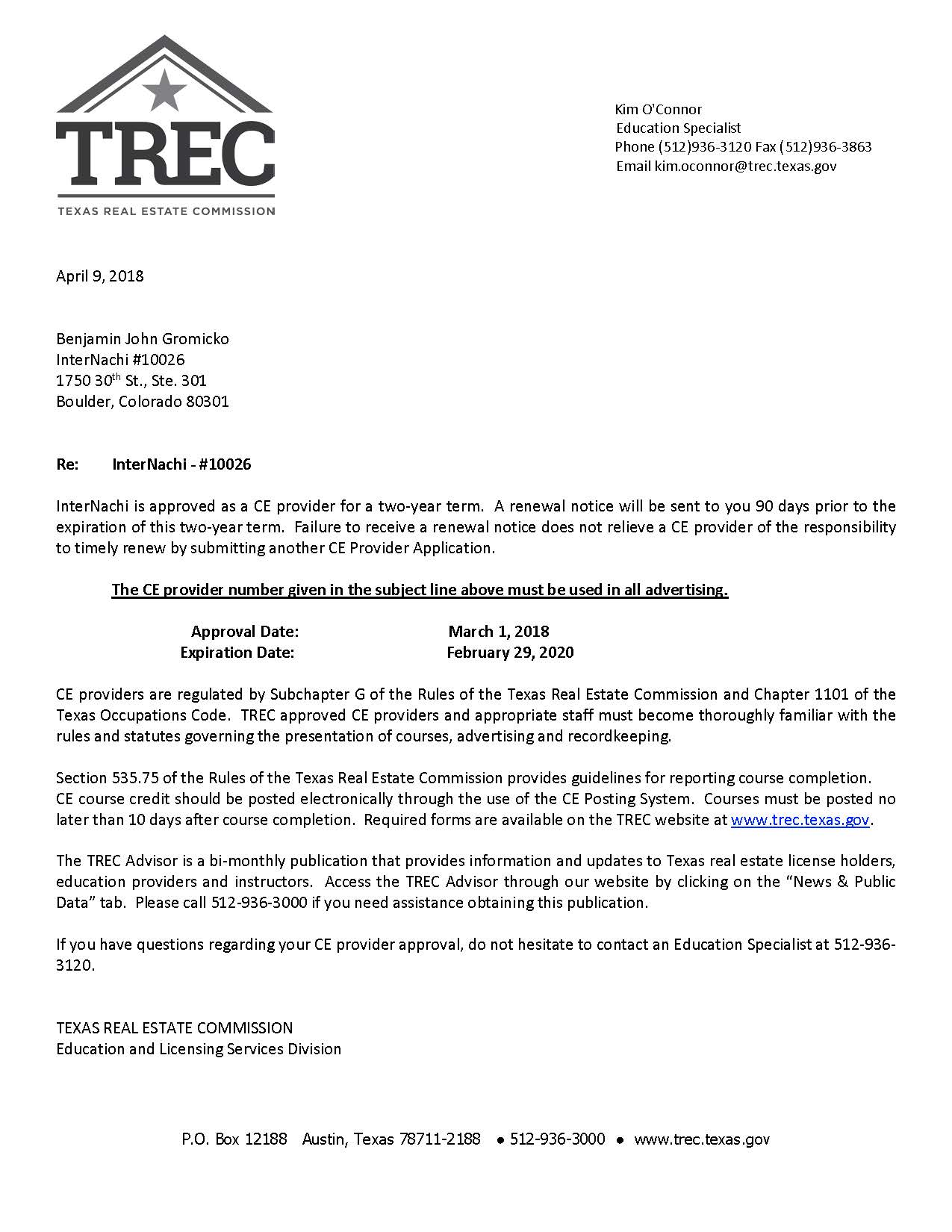Regardless, whether somebody is working as a dual agent or a transaction broker, it is typically the case that the agent will just take the complete commission offered to both sides anyhow, which leaves the purchaser and the seller in the very same position. If you decide to deal with the home seller's agent, tread really carefully and ask a great deal of concerns.
You have an interest in it, and ask your agent to help you take a more detailed look, and potentially help you make a deal. The sellers, meanwhile, have actually already concurred with their representative upon two things: just how much both the seller's agent and the buyer's representative will be paid. The latter amount is normally posted on the regional listing service accessible by representatives.
Often the overall commission is split uniformly, and other times one side might be used basically than the other, depending upon the parties' motivations. For example, a seller who wants to add a reward to buyers' representatives to reveal the residential or commercial property might pay his agent 2. 8% of the list prices, but use the buyer's representative a higher rate, at 3.
Usually, you will see portions in the ballpark of 2. 25% to 3. 5% provided to each side. Still, this is always negotiable, and there is never a "basic" rate. If, continuing with the example above, you provide to buy the house for the list rate amount of $400,000, then, the seller's representative will be paid an $11,200 commission, and your representative will be paid $12,000.
For example, if the appraiser worked with by your lending institution says that the home is worth $50,000 less than you used for it, the seller might agree to a rate decrease (though it would be equally possible that you would be asked to come up with a higher deposit to offset the difference in what the lender will accept owe you).
How To Become A Real Estate Agent In Wa Fundamentals Explained
In either case, the agents involved in the transaction might get a lower commission as a result (taking a percentage of the last purchase price). However, another common scenario is for home problems to be handled independently. So, let's say the seller concurred to credit you $5,000 for repairs to the property.
The property representative's commission is based off of the final asking price, no matter credits, taxes, evaluation expenses, and so on. Although the commission amount for the buyer's agent is identified by the seller, as a buyer you may still have some versatility in the amount your representative gets paid.
This is not a common incident, however can and does happen as a method of correcting specific issues. Bear in mind that an agent is under no commitment to cut his commission at closing, but it is something that you can discuss if you feel you have a strong factor for the representative to credit you.
The majority of house purchasers and sellers deal with a real estate representative, and the agent charges a commission. How much is the commission, and who pays it? The response in both cases is: the terms are set in the listing contract the seller indications. Generally the purchaser and the seller each have their own agent, and the commission is divided down the middle between the two representatives.
Hence, if you are a purchaser there is no reason you should not be working with a Realtor! A property representative will help you understand everything you need to understand about the home buying process and conserve you money and time. They are there to represent and work out for your interests and to help you find the best house, the right funding, to ensure you get the best terms possible and that your transaction closes efficiently and on time.
The 8-Second Trick For How To Be A Successful Real Estate Agent
e. commission) is a pre-arranged quantity (usually a portion of the prices 6-7%) that the seller has accepted pay the listing representative for their service at closing and under the terms noted in the listing agreement - how to become a real estate agent. The listing broker then provides part of the commission usually 3% to the agent who represents the buyer.
Hence it is in fact the seller's representative that pays the buyer broker and again purchasers do not pay commissions. (the exact same goes for brand-new houses/ brand-new building and construction and if the purchaser isn't represented by a buyers representative, the builder will not lower the cost of the home and rather they will merely roll these extra profits into their marketing of their other properties this makes good sense as genuine estate agents are the primary source of buyers for home builders and it's not in their benefit to separate this group.) 2 crucial points about commissions: The fees aren't added to the house's purchase cost.
The seller pays the commission, and the seller of a home noted with a genuine estate agent agrees to pay this commission when they sign the listing agreement and prior to the representative marketing the house. Every agent must work for a broker; they can't act independently and are not paid directly.

Brokers set the commission they charge for homes sold through their brokerage. Generally, the commission is 6-7% of the list prices, but once again, that quantity is flexible. Brokers keep a part of that fee. The agent's share, called the commission split, might be as low as 30 percent of the commission for new agents or as much as 75% (or more) for veteran or extremely effective representatives.
Throughout that duration, the contract generally states that the seller's broker (also referred to as the listing broker) will get the full commission if a contract for the sale of your house is signed, regardless of the situations of the sale. The reason for this is that the listing representative's brokerage hangs out and money advertising, listing the home, preparing your house for revealing and otherwise promoting the sale.
About When You Have An Exclusive Contract With A Real Estate Agent You Can Select The Best Answer
Common practice is that the seller's broker shares the commission with the purchaser's broker, but it's not constantly an equal split. For example, a seller may accept pay 7% overall commission, to be divided as 4% to the listing broker and 3% to the selling broker. There are no guidelines on the split.
Homeowner ask representative Mike of ABC http://knoxkdah181.bravesites.com/entries/general/fascination-about-what-is-due-diligence-in-real-estate Brokerage to sell their home for $200,000. They settle on a 7% commission. Steve, a buyer's representative at XYZ Brokerage, brings his clients to see your home. They accept purchase the house for $196,000. The total commission will be $13,720, gotten of the prices at the closing.

The brokerages have actually consented to divide the commission with 4% going to the listing representative and 3 percent to the buyer's representative, respectively $7,291 to the listing agent and $5,468 to the buyer's representative. Mike, an extremely successful representative for ABC, receives 75% of the brokerage's $7,291 commission, or $5,468 to which $2,430 is directed towards the marketing expenses he incurred marketing the home.